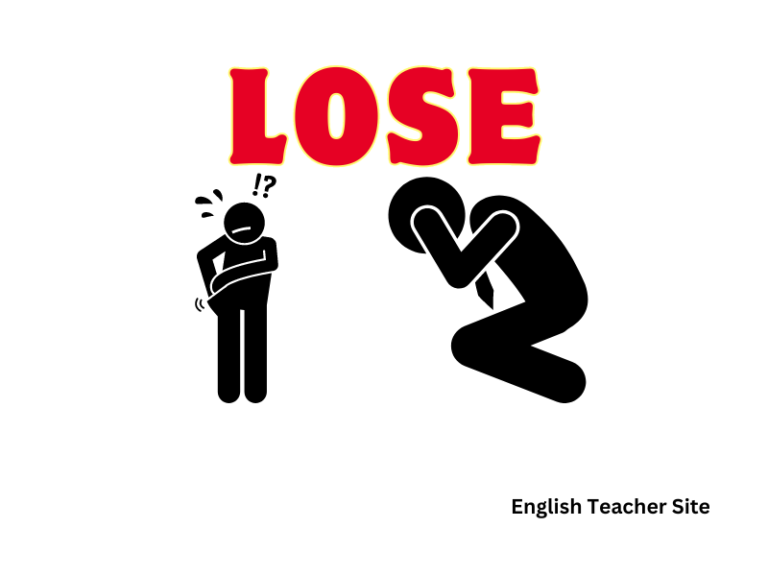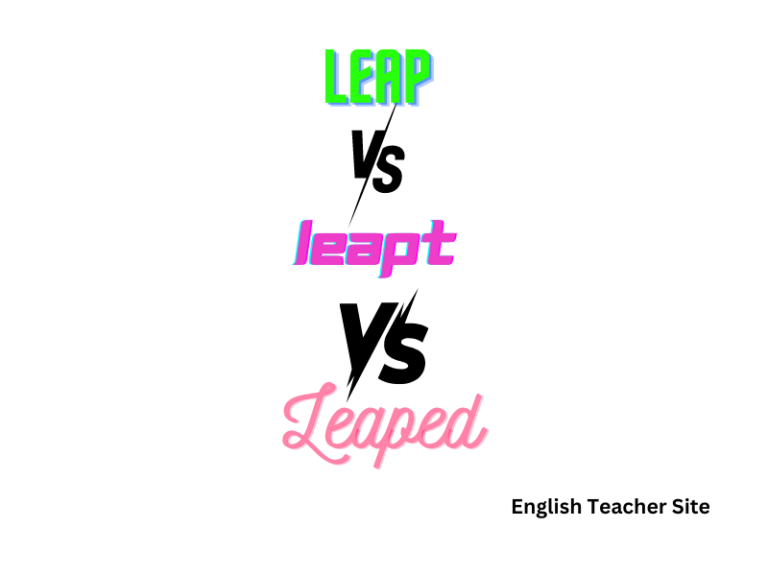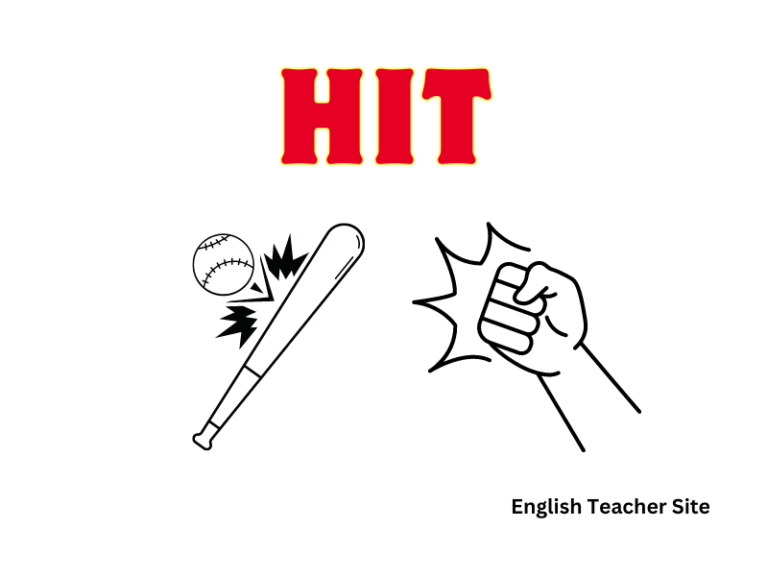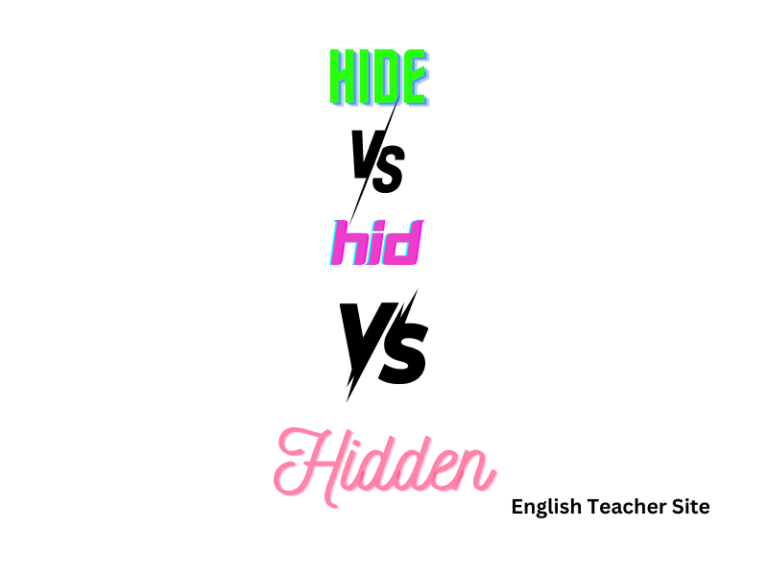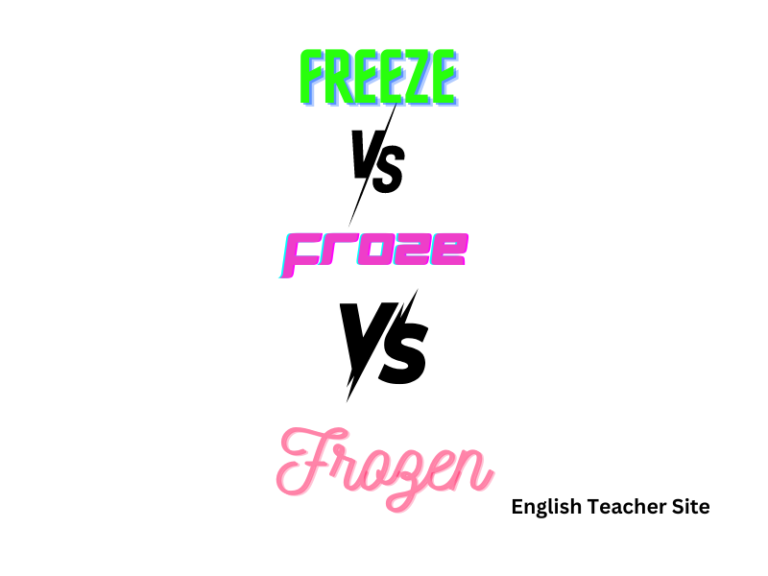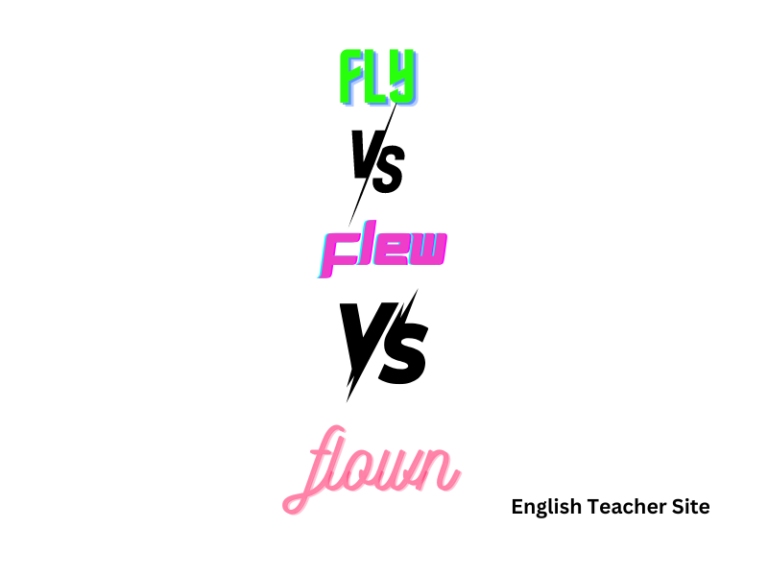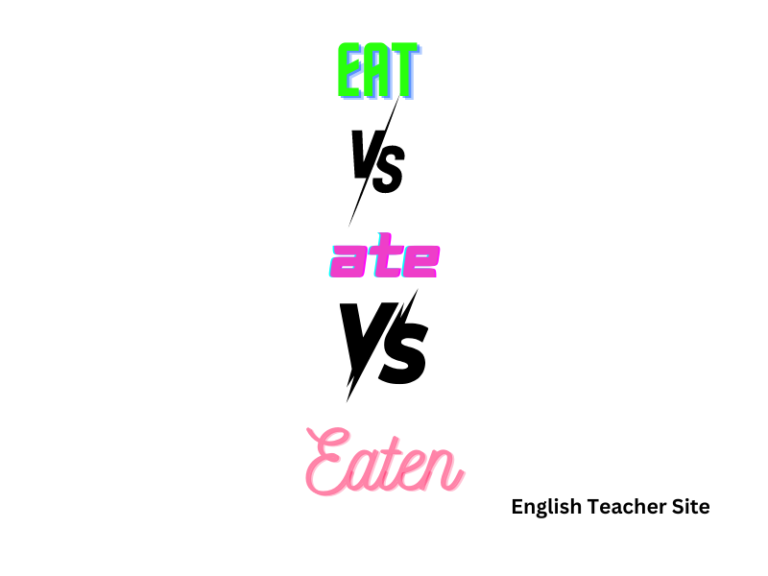Whats the Past Tense of Lose: Understanding Verb Conjugation
The past tense of “lose” is “lost,” and this form is used for both the simple past tense and the past participle. This makes “lose” an irregular verb, meaning it does not follow the standard pattern of adding -ed for its past tense forms. Understanding the Past Tense of Lose Lose is an irregular verb,…

